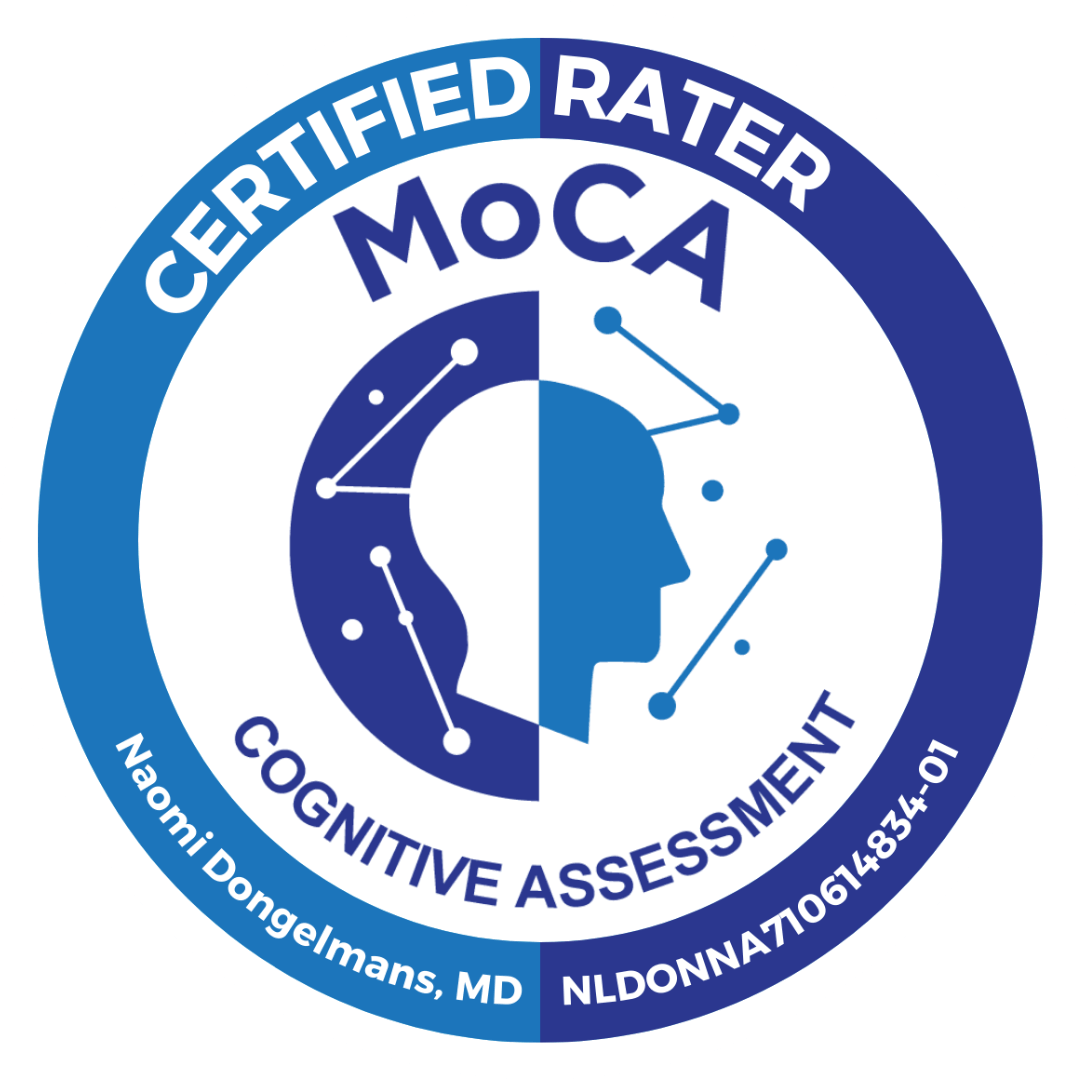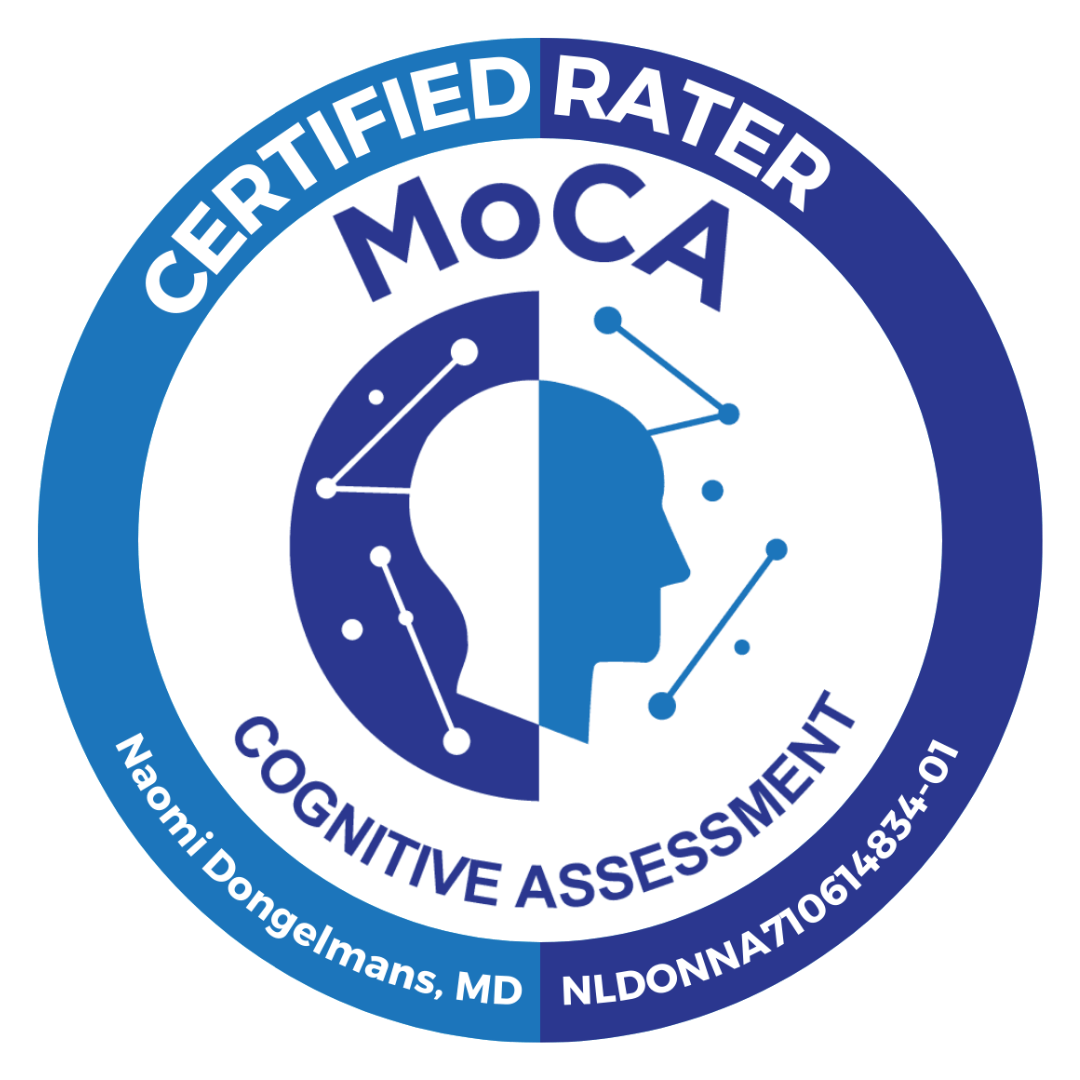SIBO
No blog posts.
Join the FREE 4-Day Smoothie Adventure to unlock radiant skin, shed weight naturally, and rejuvenate your body from within! JOIN HERE

5 Proven Steps for a Healthier Gut & Happier You
Join the FREE masterclass: "Happy Belly, Happy Brain"
Discover how to transform your health with actionable steps that require no medical expertise!

Struggling with gut issues?
Grab your FREE guide: "5 Simple Clean Eating Hacks"
Kickstart your journey to better health with essential tips that simplify clean eating. This guide is your first step towards improved digestion, more energy, and a revitalized life.
hello@naomidongelmans.com
Albufeira, Portugal
🎤 Hire me
Love to connect on social media!
hello@naomidongelmans.com
Albufeira, Portugal
🎤 Hire me
Love to connect on social media!
Contact
Health, wellness & dance by Dr. Naomi
Naomi Dongelmans, GP (integrative MD)
naomi@dementiacaregivers.net
Albufeira, Portugal
Get connected
FREE Resources & Learning
Subscribe to our biweekly Caregiver's ABC Guide by downloading one of these free resources:
EBOOK Revive & Thrive
EBOOK Clear Minds, Steady Feet
EBOOK Meal Planning Made Easy
EBOOK 10 Tips to Relief Stress
EBOOK 7 Healthy Habits
CHALLENGE 5-Day Gratefulness Challenge
Copyright Health, Wellness & Dance by Dr. Naomi















